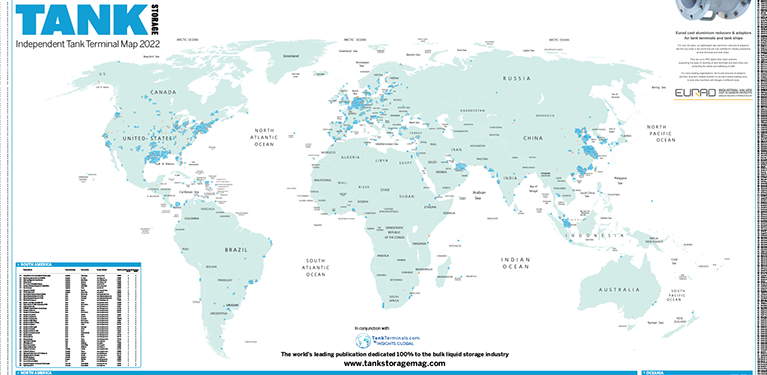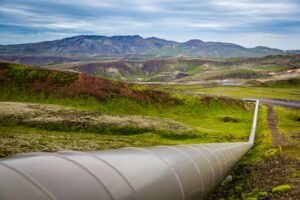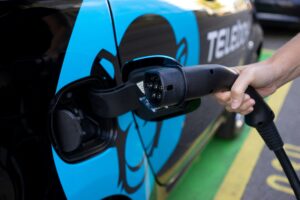While speaking on a panel sessions at OTC in Houtson, Texas, Petrobras’ president Jean Paul Prates, declared that the oil and gas sector is a key piece in structuring the energy transition and boosting it on a large scale. For him, international cooperation between companies and governments and financial arrangements are essential to leverage decarbonisation and ensure greater energy efficiency, in favour of the goal of emissions neutrality.
‘It’s what I call a universal challenge. Everyone will have to collaborate and work together to achieve an energy transition that leaves no one behind – not only our workers, but also suppliers, contractors, and especially the communities where we operate,’ says Prates.
He believes it will be up to oil companies to invest in reducing carbon (CO2) emissions, while also seeking new solutions for local energy sources. He recalled that the great advantage of the use of fossil fuels lies in their low transport cost and their ability to store energy in liquid form. ‘Given this, one of the main challenges for global oil companies is to mitigate the need to transport energy over long distances, in search of local solutions,’ he says.
Prates reinforced the company’s commitment to further reduce Petrobras’ operational emissions by 2030 and the ambition to neutralize the release of greenhouse gases by 2050. ‘We are already responsible for more than 20% of the CO2 reinjected in the world,’ he explains, referring to Petrobras’ CO2 capture, use and storage (CCUS) program.
In addition to investing in decarbonization projects, Petrobras is investing in research and development of projects for new energy sources and sustainable products. ‘We are looking at sectors that are similar to what we already do with excellence in terms of logistics, operations and financial solutions, such as, for example, offshore wind,’ says Prates. He also mentioned onshore solar and wind energy and hydrogen projects, noting that hydrogen operations are similar to natural gas operations.
Prates also highlighted Petrobras’ efforts to produce sustainable products, produced in co-processing. ‘We are ready to be the largest biorefiners in Latin America in 10 years, using our own refineries,’ he says.
In the biorefining segment, Petrobras will invest US$1.5 billion (€1.4 million) by 2028. These investments will support the growth of R5 Diesel production capacity, with 5% renewable content, at REPAR, RPBC, REDUC and REPLAN. On the horizon of the Strategic Plan, resources are also foreseen for the installation of dedicated aviation biokerosene and 100% renewable diesel plants in RPBC and GASLUB, which will be completed after 2028.
In total, over the next five years, Petrobras will invest $11.5 billion in projects to decarbonize operations, biorefining, renewables and new low-carbon businesses.















